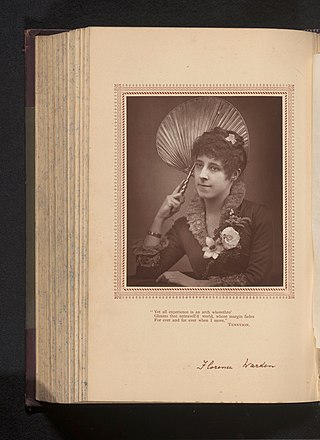The United States Senate Select Committee on the Tenth Census was created in 1878. It continued to operate until 1887, when it became the United States Senate Committee on the Census. It was abolished in 1921. Issues related to the U.S. Census and the U.S. Census Bureau are now under the jurisdiction of the Senate Committee on Homeland Security and Governmental Affairs.
The United States Senate Committee on Claims was among the first standing committees established in the Senate. It dealt generally with issues related to private bills and petitions. After reforms in the 1880s that created judicial and administrative remedies for petitioners, it declined in importance, and was abolished in 1947.
The United States Senate Committee on Coast Defenses was created in 1885 to deal with the country's coastal defenses. It was abolished in 1921 during a reorganization of the U.S. Senate.
The United States Senate Committee on Corporations Organized in the District of Columbia was formed as a select committee in 1892, and became a standing committee in 1896. In 1921, it was abolished.
AFI's 100 Years...100 Stars is the American Film Institute's list ranking the top 25 male and 25 female greatest screen legends of American film history and is the second list of the AFI 100 Years... series.
The Massachusetts Republican Party (MassGOP) is the Massachusetts branch of the U.S. Republican Party.

The Shire of Clifton was a local government area in the Darling Downs region of Queensland, Australia, southwest of the regional city of Toowoomba. The shire, administered from the town of Clifton, covered an area of 867.5 square kilometres (334.9 sq mi), and existed as a local government entity from 1879 until 2008, when it amalgamated with several other councils in the Toowoomba area to form the Toowoomba Region.
The New Jersey Republican Party (NJGOP) is the affiliate of the United States Republican Party in New Jersey. It was founded in 1880 and is currently led by Bob Hugin.

Cook, Welton & Gemmell was a shipbuilder based in Hull and Beverley, East Riding of Yorkshire. England. They built trawlers and other small ships.
The Committee on Indian Depredations was a standing committee of the United States Senate from 1893 to 1921. It superseded a select committee which operated from 1889 to 1893.
Dalhousie Ward is a former ward in the city of Ottawa, Ontario, Canada. It was created in 1888 when it was annexed by Ottawa from Nepean Township, becoming Ottawa's eighth ward. It was merged with Wellington Ward in 1994 to become Somerset Ward. It consisted mainly of the neighbourhood of Centretown West, which includes Ottawa's Chinatown and Little Italy. Before it was merged, the ward contained Hintonburg, Mechanicsville and parts of the Civic Hospital and Centretown neighbourhoods.

Florence Warden was an English actress and writer, who wrote many novels under her stage name, her name at birth being Florence Alice Price and her married name Mrs G. E. James.
This page is based on this
Wikipedia article Text is available under the
CC BY-SA 4.0 license; additional terms may apply.
Images, videos and audio are available under their respective licenses.


